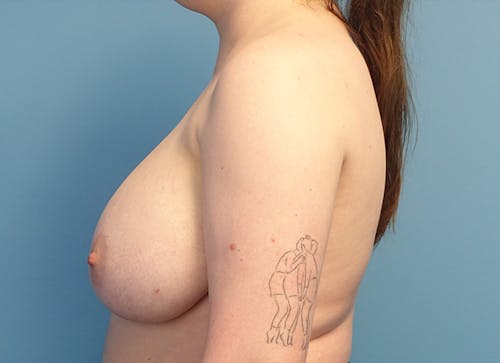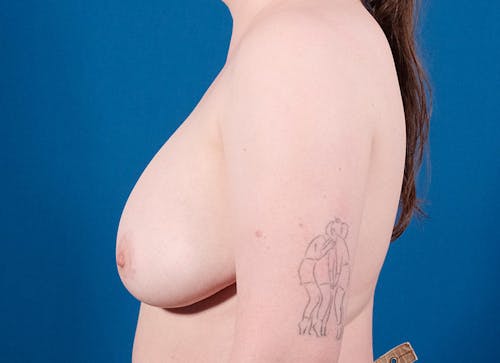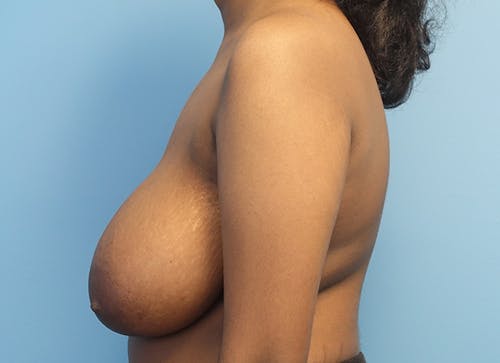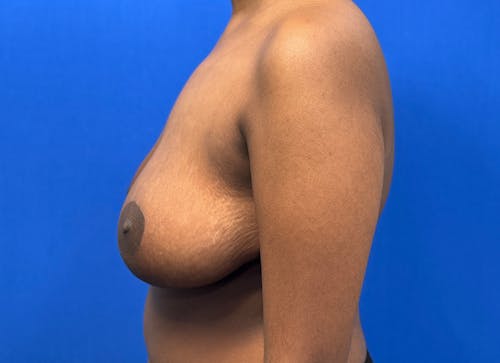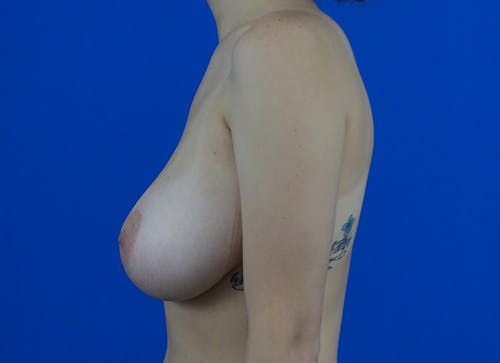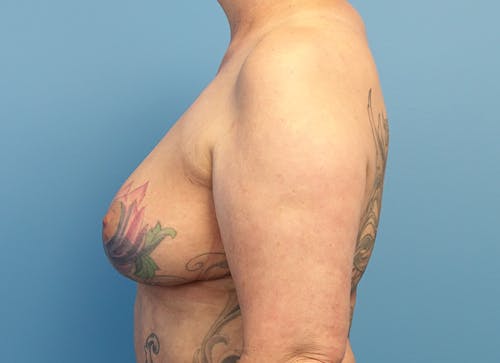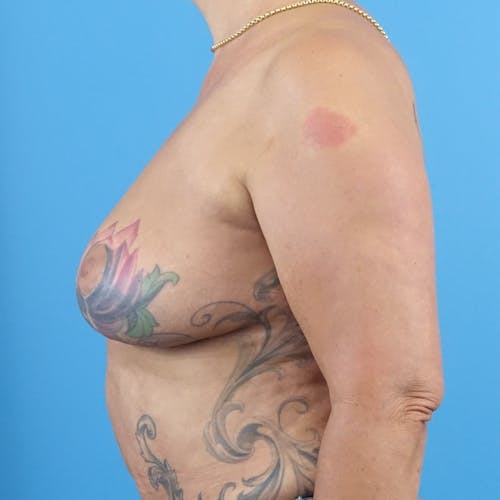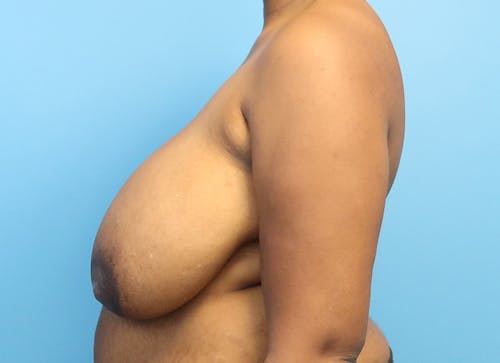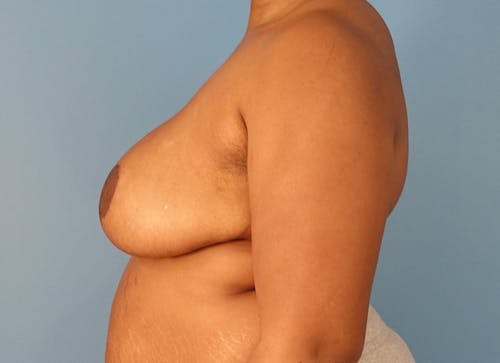Typical Post-operative Symptoms
Typical symptoms of breast surgery; and signs to watch for following breast reduction surgery include the following:
Tightness in the chest region and stiffness; Tingling, burning or intermittent shooting pain:
These are normal experiences as the skin, tissues and sensory nerves heal. Pain medication and muscle relaxants will help you cope with any discomfort. If you have drains, you may experience additional localized discomfort. Consistent sharp pain should be reported to our office immediately.
Hypersensitivity of nipples, or lack of sensitivity:
This is normal and will gradually resolve over time. You may also experience a small amount of fluid or milk seeping through the nipples. If this becomes painful or excessive, notify our office immediately.
Shiny skin or any itchy feeling:
Swelling can cause the breast’s skin to appear shiny. As the healing process advances, you may also find a mild to severe itchy feeling of the breasts. An antihistamine like Benadryl can help to alleviate severe, constant itchiness. If the skin becomes red and hot to the touch, contact our office immediately.
Asymmetry, the breasts look different, or heal differently:
Breasts may look or feel quite different from one another in the days following surgery. This is normal; no two breasts are perfectly symmetrical in nature or following surgery.





